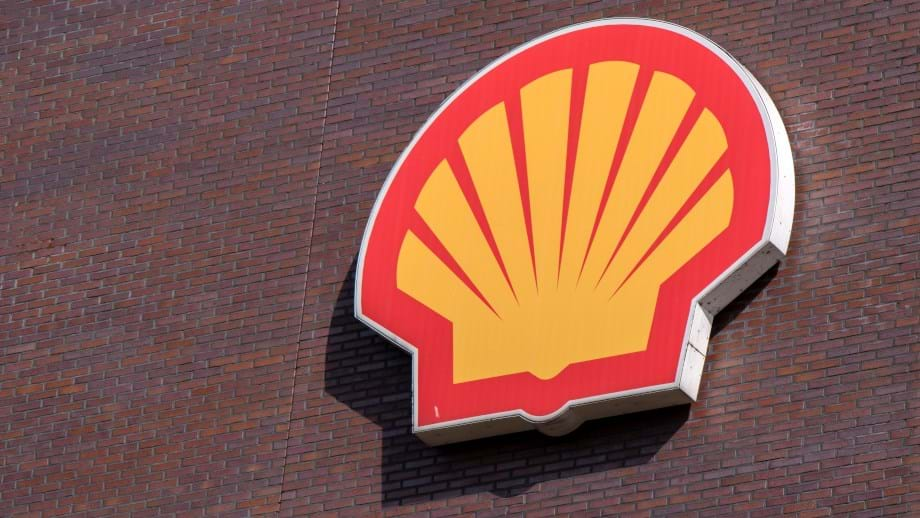Shell abandons Netherlands biofuels plant, casting doubt on SAF ambitions

SHELL has cancelled construction of its flagship biofuels plant in Rotterdam, shelving plans to produce 820,000 t/y of sustainable fuels from waste oils and animal fats – just three years after breaking ground.
First announced in 2021, the plant was intended to form part of Shell’s “powering progress” strategy of converting former refineries into new energy and chemicals facilities. Construction began in 2022 at Shell’s Energy and Chemicals Park in Rotterdam, on the site of the former Pernis refinery, but was paused in July 2024.
The company had planned to use cooking oil and waste animal fats as primary feedstocks for sustainable aviation fuel (SAF) and biodiesel, while capturing production emissions through the Dutch Porthos carbon capture and storage project.
However, Shell now says the investment is “insufficiently competitive”. The move mirrors a similar decision from Shell in March 2023 to shelve a project to build a 550,000 t/y SAF plant in Singapore.
The decision to scrap the Rotterdam plant is the latest in a string of moves from fossil fuel producers rowing back on commitments to cleaner energy. In February, bp announced plans to slash its investment in renewables while ramping up oil and gas investment by 20%. This followed a similar move from Equinor. Shell itself came under fire in March 2024 after diluting its targets for emissions intensity reductions from 20% by 2030 to 15–20%.
Machteld de Haan, president of downstream, renewables and energy solutions at Shell, said: “As we evaluated market dynamics and the cost of completion, it became clear that the project would be insufficiently competitive to meet our customers’ need for affordable, low carbon products.
“This was a difficult decision, but the right one, as we prioritise our capital towards those projects that deliver both the needs of our customers and value for our shareholders. We continue to believe that low carbon molecules, including biofuels, will underpin the future energy system.”
Shell remains one of the largest biofuel producers in the world, making 10.37bn L of biofuels in 2024. Nonetheless, biofuels form a very small share of its global business, contributing less than 0.1% of its US$289bn revenue last year. Shell also spent US$2.94bn on compliance certificates under government schemes requiring a portion of fuel sales to be renewable – more than ten times the company’s revenue from biofuels.
SAF struggles
Biofuels, including SAF and biodiesel, are mostly used in transport. Shell estimates that the emissions intensity of its biofuels are 34 gCO2e/MJ, compared to 86 gCO2e/MJ for hydrocarbon-based fuels.
According to Shell’s 2024 sustainability report, products the company sold were responsible for 845m tCO2e. The company is aiming to reduce the emissions from its sold products to 770–818m tCO2e by 2030.
Shell’s decision to scrap its Rotterdam plant deals a setback to Europe’s ambitions for SAF. Even prior to the announcement, SAF uptake was projected to fall short of curbing aviation emissions, which are expected to climb well into the 2040s – reaching 79m tCO2e by 2050, just a 3% drop from 2019 levels.
Recent Editions
Catch up on the latest news, views and jobs from The Chemical Engineer. Below are the four latest issues. View a wider selection of the archive from within the Magazine section of this site.




